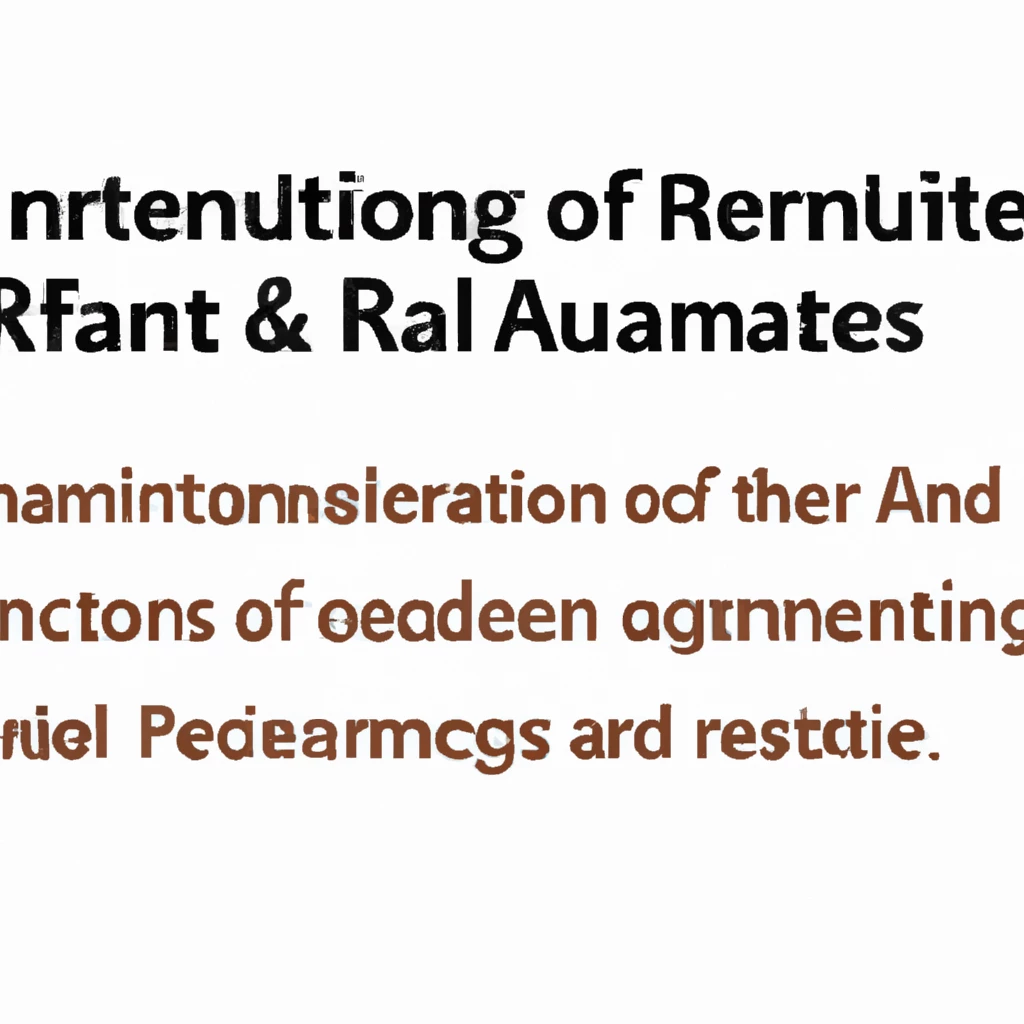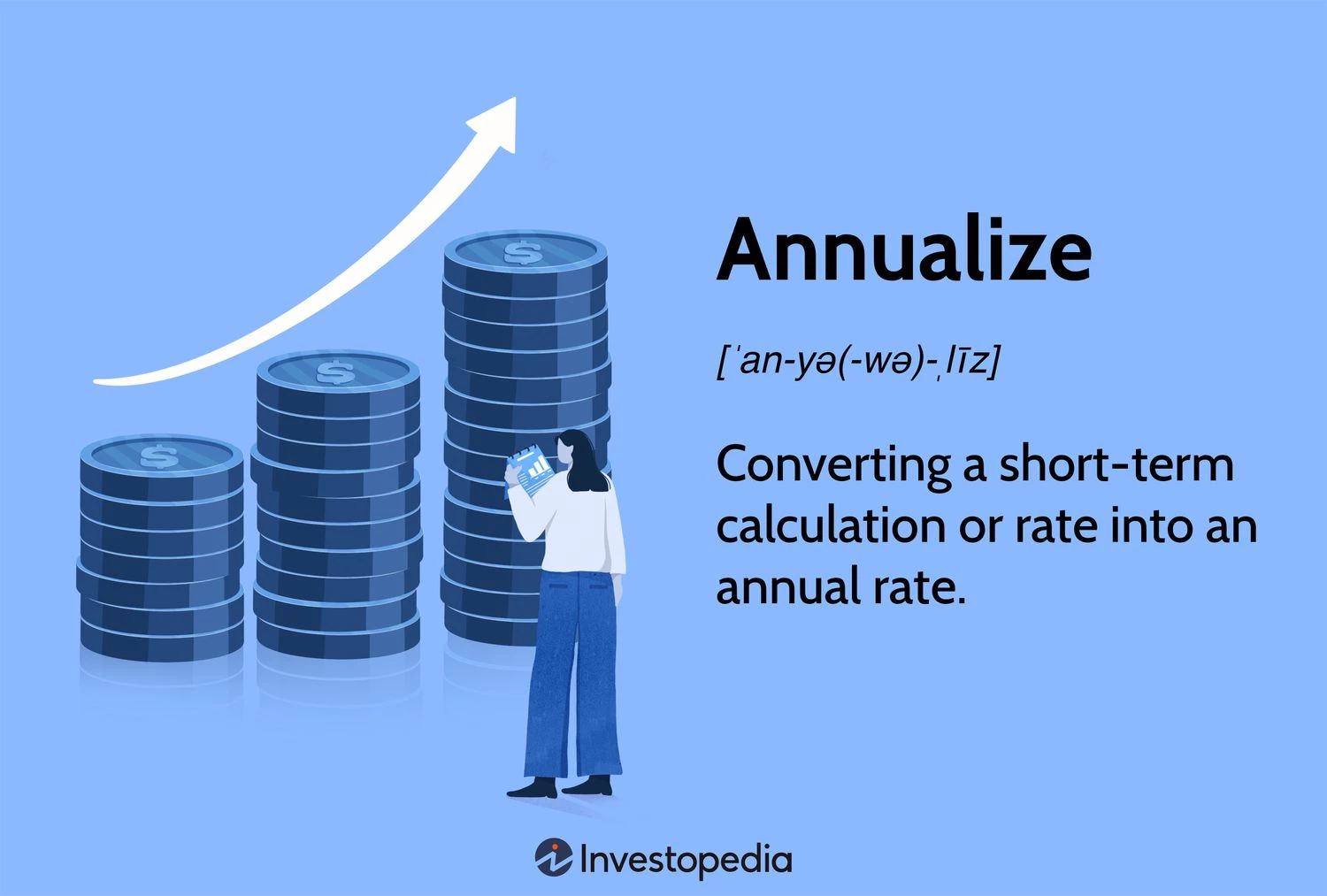What Are the Ethical Standards You Can Anticipate from a Financial Advisor?
Understanding Trust in Financial Advisors
According to a study by the American Association of Individual Investors (AAII), trust in the financial services industry remains a concern among consumers. Out of over 1,900 respondents, the survey revealed the following insights:
- Only 17% of respondents trust financial services “a lot” or “a little”.
- 19% of respondents neither trust nor distrust their financial advisor.
- 65% of respondents mistrust the financial services industry “a lot” or “a little”.
Why Ethics Matter in Financial Advisors
Ethics are fundamental in the financial advisory realm as they define the moral principles guiding an advisor’s actions. Regardless of a financial advisor’s technical expertise, without ethical standards, the validity of their services is at stake. This begs the question: How can investors identify an ethical financial advisor?
Know Which Entity Regulates Your Advisor
Regulations play a crucial role in ensuring advisors act ethically. The Financial Industry Regulatory Authority (FINRA) and Securities and Exchange Commission (SEC) are the primary regulatory bodies overseeing financial services. While FINRA regulates the sale of financial products, the SEC governs the provision of financial advice. Understanding which entity regulates your advisor is essential in determining the level of oversight and ethical standards they adhere to.
Advisors under regulatory bodies like FINRA and the SEC must recommend products suitable for individual investors based on various factors. Suitability standards dictate consideration of investors’ needs, while fiduciary standards prioritize client interests over advisors’.
Look for Advisors With Well-Known Professional Designations
Professional designations like Certified Financial Planner (CFP®) and Chartered Financial Analyst (CFA) reflect higher ethical standards. CFP® holders, for instance, uphold fiduciary responsibilities, enhancing transparency and ethical practice in financial advising.
Identifying potential red flags in financial advisors is crucial to safeguarding your interests. Warning signs include inconsistent performance reporting, product pushing for commissions, and making unrealistic future performance guarantees.
What to Expect from a Good Advisor
A trustworthy financial advisor prioritizes clients’ interests, bears reputable professional designations, and operates on fee-based compensation models, avoiding conflicts of interest.
Evaluating your financial advisor regularly ensures they meet your needs and act as promised. Any signs of unsatisfactory service should prompt a reassessment of your advisory relationship.
The Ethical Dimension in Financial Advisory
While ethical financial advisors are prevalent, the industry also harbors unethical practitioners. Various regulatory bodies set high standards, but personal vigilance is crucial in identifying unethical behavior.
Can I Sue My Financial Advisor?
Yes, you have the right to sue your financial advisor if they breach industry regulations, leading to financial losses. Filing an arbitration claim can provide an avenue for compensation.
How Do I Know My Financial Advisor Is Ethical?
Assessing the ethical conduct of your financial advisor is an ongoing process. Through observations and interactions, you can gauge their trustworthiness and commitment to your financial well-being.
The Bottom Line
While unethical practices exist in every industry, staying informed and vigilant can safeguard against potential misconduct in the financial advisory realm.





